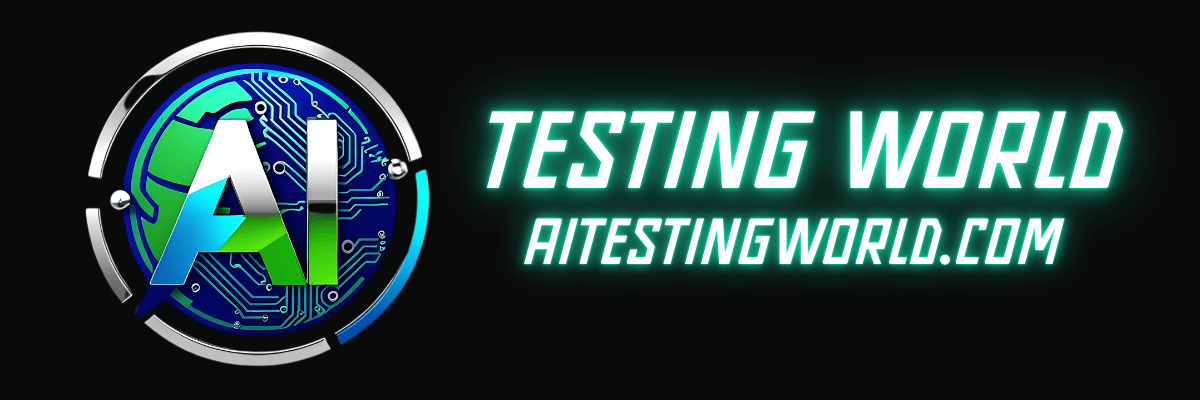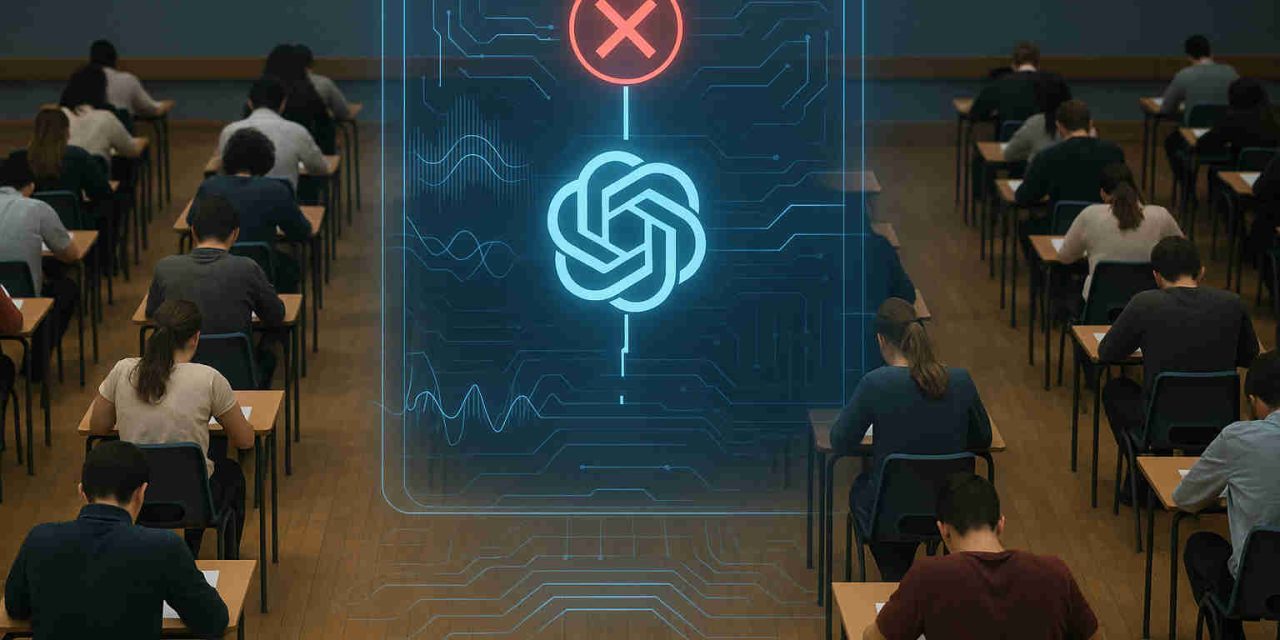TL;DR
Standardized test publishers state students cannot successfully cheat with AI tools like ChatGPT, following rigorous testing by major educational bodies that found AI ineffective in significantly boosting test scores.
In a significant development, major standardized test publishers have announced that artificial intelligence (AI) platforms, such as ChatGPT, cannot reliably help students cheat to improve their scores. This announcement follows comprehensive testing by educational authorities aimed at understanding and mitigating potential risks posed by rapidly expanding generative AI technologies. Publishers including ETS, the standardized testing giant responsible for tests such as the GRE and TOEFL, extensively evaluated the capabilities and limitations of AI tools in exam contexts. Through systematic testing, they concluded current AI solutions cannot consistently bolster scores beyond the expected normal outcomes. Specifically, the evaluation showed that while AI-generated answers were grammatically coherent and readable, they were mostly superficial, frequently incorrect, or lacked the analytical depth and precision required for high marks.
Implications for Automated AI Testing in Education
The revelation holds substantial implications for automated AI testing, specifically concerning the limitations of generative AI.
Professionals in AI testing and software development now have crucial evidence demonstrating AI’s inability—at least in current forms—to comprehensively mimic human reasoning and analytical thought required in rigorous educational assessments. For the industry, this aligns with growing demands for smarter, more reliable AI solutions geared toward addressing genuine cognitive tasks rather than superficial replication of text.
Challenges in AI Model Validation for Critical Tasks
One critical challenge underscored by this announcement involves reliable validation methods for AI models deployed within education and certification. As generative AI continues gaining popularity for software developers and test engineers, robust strategies for identifying the critical points of failure and ensuring models’ predictive accuracy and depth become paramount. This scenario highlights a notable industry-wide issue: testing frameworks need substantial upgrades to handle complex validation scenarios effectively.
Future Trends in Generative AI Quality Assurance
The recent development emphasizes an emerging trend towards increased rigor and specificity in Generative AI quality assurance. For software developers and engineers working with agentic and generative AI models, this points toward future requirements in establishing comprehensive criteria, assessment strategies, and measurable benchmarks.
Going forward, expect more sophisticated and multidimensional strategies to verify not only quality but the depth of AI-generated outputs within mission-critical applications. In short, while generative AI like ChatGPT captured public imagination with impressive conversational talent, standardized test publishers have discovered fundamental limitations. Such findings not only shape the future of educational testing policies but serve as a call to action for software developers and AI test engineers to invest and innovate ahead—driving meaningful improvements in AI reliability, depth, and critical thinking capabilities. We’d like to hear your thoughts on this. Has your experience with Generative AI demonstrated its limits in critical tasks?
Let us know your insights and join our conversation at aitestingworld.com.
Original resource for this article: https://www.todayville.com/students-cant-use-ai-to-cheat-on-standardized-tests/





